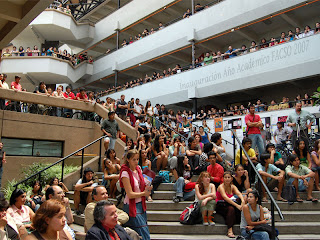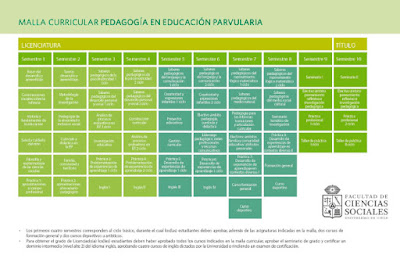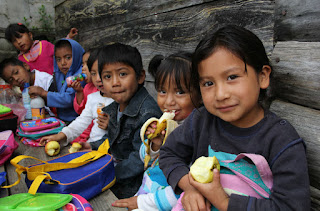
Hi mates, this is my last blog in this semester. I will write about my experience writing blogs all week. When I was in school, approximately from the third grade to the secondary education, I was taught English and, now, at the University of Chile I went back to this language. Writing blogs, at the beginning, was not difficult, since the topics I had to write about were simple, but as the classes progressed the topics were more complex and also the number of words we had to use increased every two or three classes. Last semester I also had to write blogs all classes and honestly I think it's boring, could do more entertaining activities where one can express or share with the partner without forgetting that we have to speak in English. Also, the teacher assigned to me last semester calculated the time we had to occupy for each activity, so it was difficult to learn because I felt pressured or sometimes I could not understand what he was explaining to us. I read most of the commen

